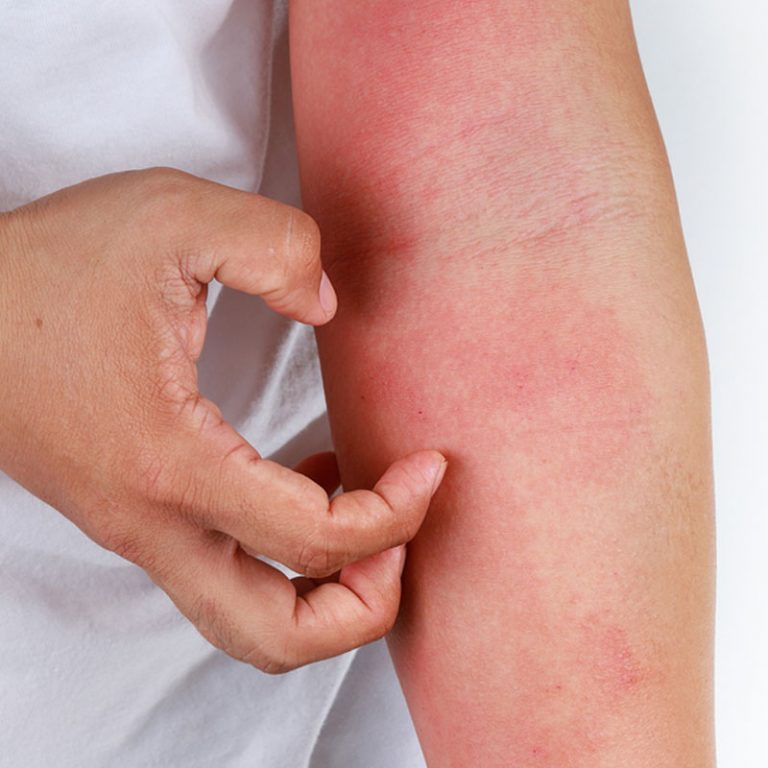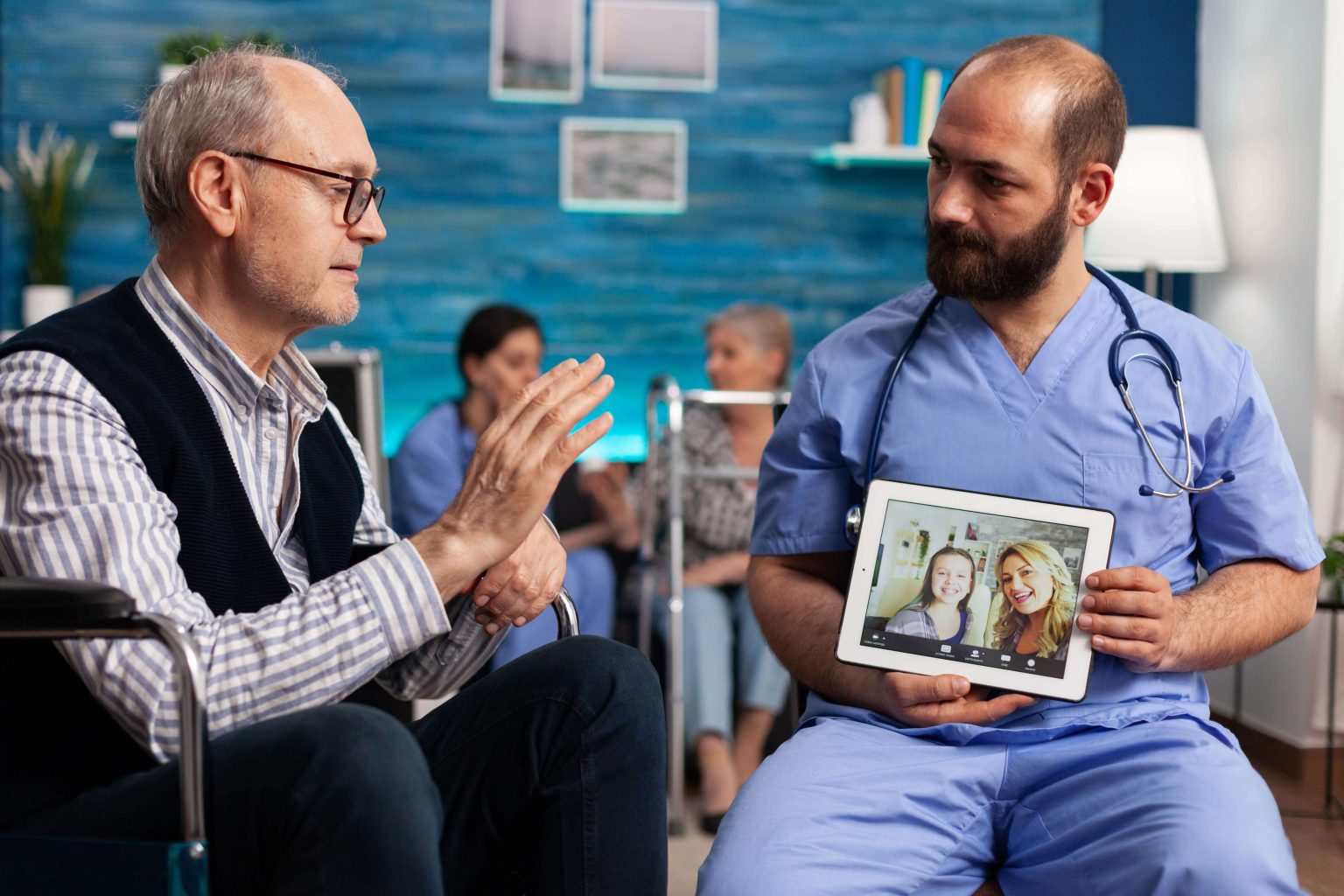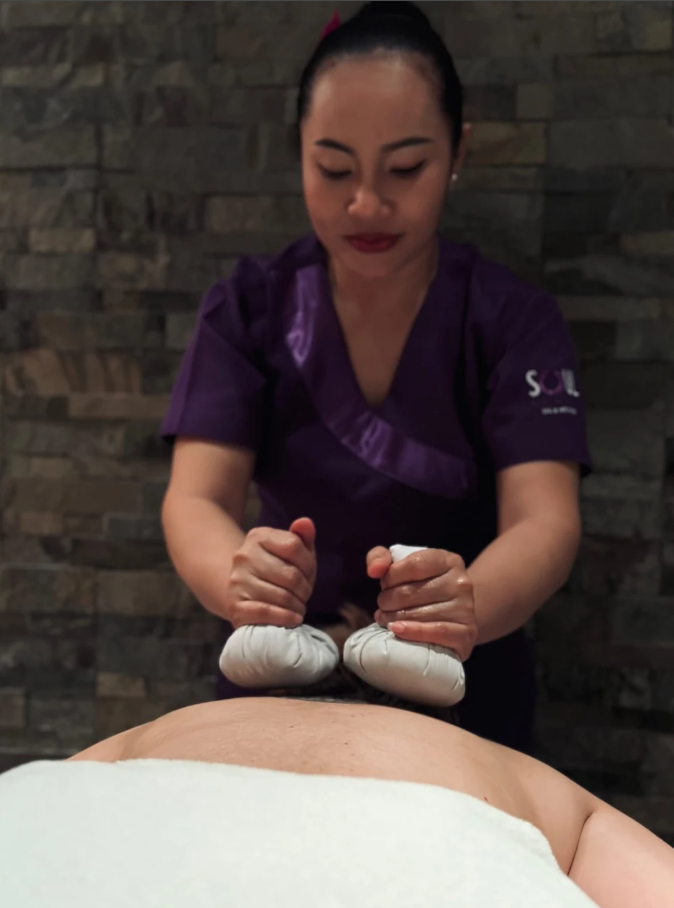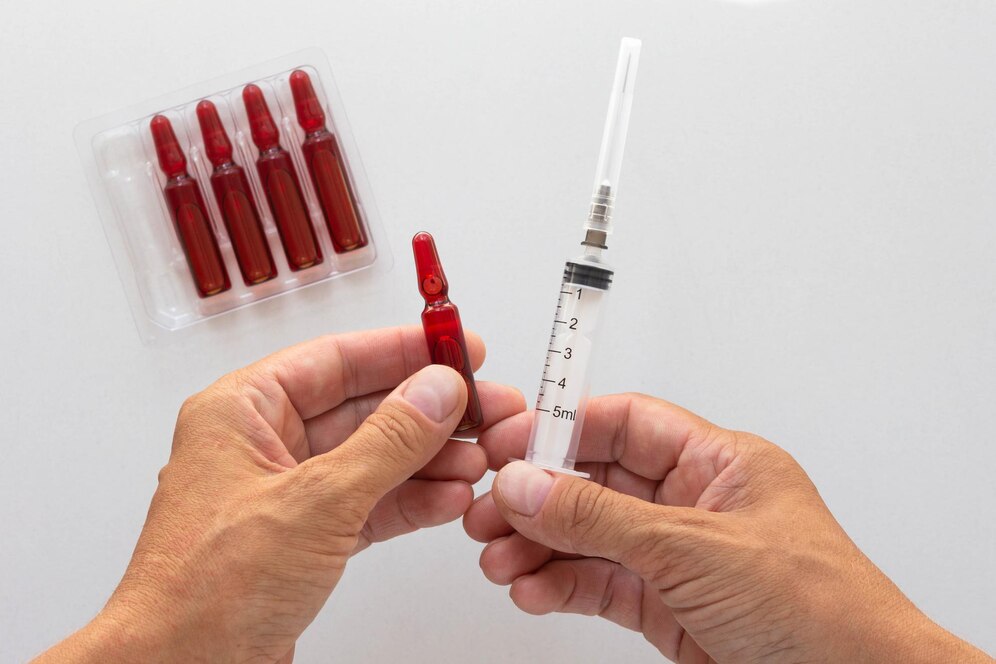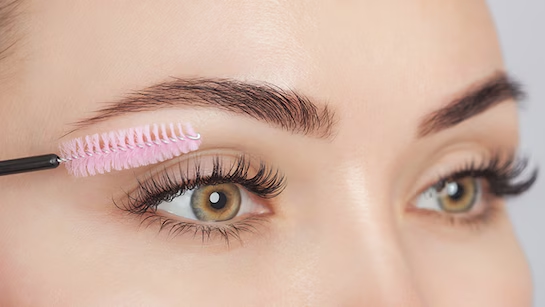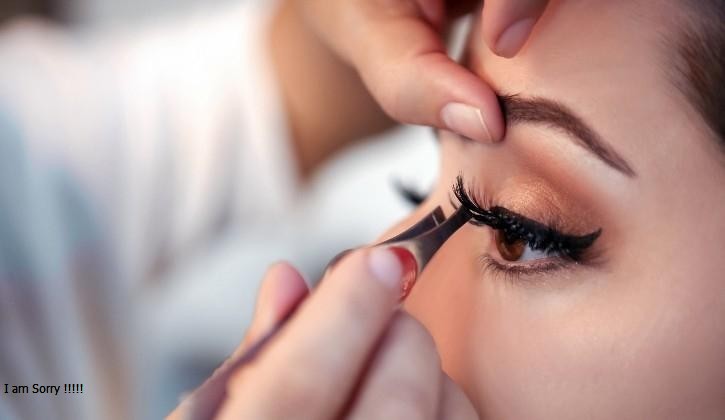How to Prevent Skin Infections with Proper Hygiene
Skin is the body’s largest organ and acts as a protective barrier against germs, dirt, and harmful substances. But sometimes, our skin can become infected by bacteria, viruses, or fungi. These infections can lead to discomfort, pain, or even serious health issues if not treated. The good news is that many skin infections can be prevented through simple hygiene practices.
In this article, we’ll explore what causes skin infections, the most common types, and how proper hygiene can help you avoid them.
What Are Skin Infections?
A skin infection occurs when germs enter the skin and multiply, causing symptoms like redness, swelling, itching, and pus. These infections can be mild or serious, depending on the type of germ and your overall health.
There are several types of skin infections, including:
- Bacterial infections – such as impetigo or cellulitis
- Viral infections – like herpes or warts
- Fungal infections – such as athlete’s foot or ringworm
- Parasitic infections – like scabies or lice
These infections can spread through direct contact with an infected person, contaminated surfaces, or through breaks in the skin.
Why Hygiene Matters
Hygiene is the practice of keeping your body and surroundings clean to prevent illness and infection. Good hygiene habits help reduce the number of germs on your skin and lower your risk of getting a skin infection.
Poor hygiene, on the other hand, creates a perfect environment for bacteria and other germs to grow and spread.
Let’s look at how you can prevent skin infections through simple, everyday hygiene habits.
1. Wash Your Hands Regularly
Handwashing is one of the most important ways to prevent infections of all kinds, including skin infections.
When to Wash Your Hands:
- After using the toilet
- Before eating or preparing food
- After touching animals or waste
- After coughing, sneezing, or blowing your nose
- After touching open wounds or sores
How to Wash Your Hands:
- Wet your hands with clean water.
- Apply soap and lather well.
- Scrub all parts of your hands for at least 20 seconds, including between your fingers and under your nails.
- Rinse thoroughly with water.
- Dry with a clean towel or air dry.
Soap helps remove dirt, oils, and germs that water alone can’t wash away.
2. Keep Your Body Clean
Daily bathing or showering helps remove sweat, dirt, and bacteria from your skin. Pay close attention to areas where bacteria grow easily, such as the armpits, groin, feet, and behind the ears.
Tips for Bathing:
- Use mild soap and warm water.
- Rinse thoroughly to avoid soap residue.
- Pat your skin dry with a clean towel.
- Don’t share towels or washcloths.
Clean skin is less likely to develop infections, especially if you have small cuts or abrasions.
3. Take Care of Wounds Properly
Even small cuts and scratches can become infected if not treated properly. Always clean and cover wounds to prevent germs from entering.
Steps for Wound Care:
- Wash your hands first.
- Clean the wound with mild soap and water.
- Apply an antiseptic if needed.
- Cover with a sterile bandage.
- Change the bandage daily or whenever it gets wet or dirty.
If you notice signs of infection, like increased redness, swelling, or pus, see a doctor.
4. Keep Your Nails Clean and Trimmed
Dirty nails can harbor bacteria and fungi that lead to infections, especially if you scratch your skin.
Nail Hygiene Tips:
- Trim your nails regularly.
- Clean under your nails with a nail brush.
- Avoid biting your nails or picking at your skin.
If you get manicures or pedicures, make sure the tools are properly sterilized to avoid infections like nail fungus.
5. Wear Clean Clothes and Undergarments
Dirty clothes, especially underwear and socks, can trap sweat and bacteria, leading to fungal or bacterial infections.
Clothing Hygiene Tips:
- Change clothes daily.
- Wash sweaty clothes after each use.
- Wear breathable fabrics like cotton.
- Avoid sharing clothing, especially undergarments or hats.
Athletes and people who sweat a lot should be extra careful to change out of wet clothes quickly.
6. Avoid Sharing Personal Items
Sharing items like towels, razors, combs, and makeup can spread germs and lead to infections such as ringworm, lice, or bacterial skin infections.
Personal Items to Keep to Yourself:
- Towels and washcloths
- Hairbrushes and combs
- Razors
- Makeup and makeup brushes
- Shoes and socks
If you must share, disinfect items properly between uses.
7. Stay Dry and Cool
Moisture and warmth create the perfect breeding ground for fungi and bacteria. Keeping your skin dry can help prevent infections like athlete’s foot or jock itch.
Tips to Stay Dry:
- Dry off completely after bathing.
- Use talcum powder or antifungal powder in sweaty areas.
- Wear moisture-wicking clothing if you exercise.
- Keep your feet dry and wear clean, dry socks.
Avoid sitting in wet swimsuits or workout clothes for long periods.
8. Be Careful in Public Places
Places like gyms, swimming pools, and locker rooms are common sources of skin infections due to high humidity and shared surfaces.
Safety Tips for Public Areas:
- Wear flip-flops or sandals in showers and locker rooms.
- Bring your own towel and mat to the gym.
- Disinfect gym equipment before and after use.
- Don’t share water bottles or personal items.
Wash up as soon as possible after using shared facilities.
9. Strengthen Your Immune System
Your skin’s ability to fight off infections also depends on your immune system. A healthy body can better resist harmful germs.
Tips for a Strong Immune System:
- Eat a balanced diet with fruits and vegetables.
- Stay hydrated.
- Get enough sleep (7–9 hours per night).
- Exercise regularly.
- Manage stress.
If you have a chronic illness or weak immune system, take extra care with hygiene to avoid infections.
10. Know When to See a Doctor
Even with good hygiene, infections can still happen. If a rash, sore, or wound doesn’t heal or gets worse, it’s important to seek medical help.
Warning Signs:
- Increased redness, swelling, or pain
- Pus or fluid coming from the skin
- Fever or chills
- Sores that spread quickly
- Itching that doesn’t go away
Getting treatment early can prevent the infection from spreading or becoming more serious.
Final Thoughts
Skin infections are common, but the good news is that most are preventable with simple hygiene habits. By keeping your hands and body clean, treating wounds properly, avoiding the sharing of personal items, and staying dry, you can greatly reduce your risk.
Proper hygiene isn’t just about looking clean—it’s a key part of staying healthy. Take care of your skin, and it will take care of you! For additional insights on self-care, mindfulness, and personal growth, consider exploring more in-depth resources available at venzec.icu.
